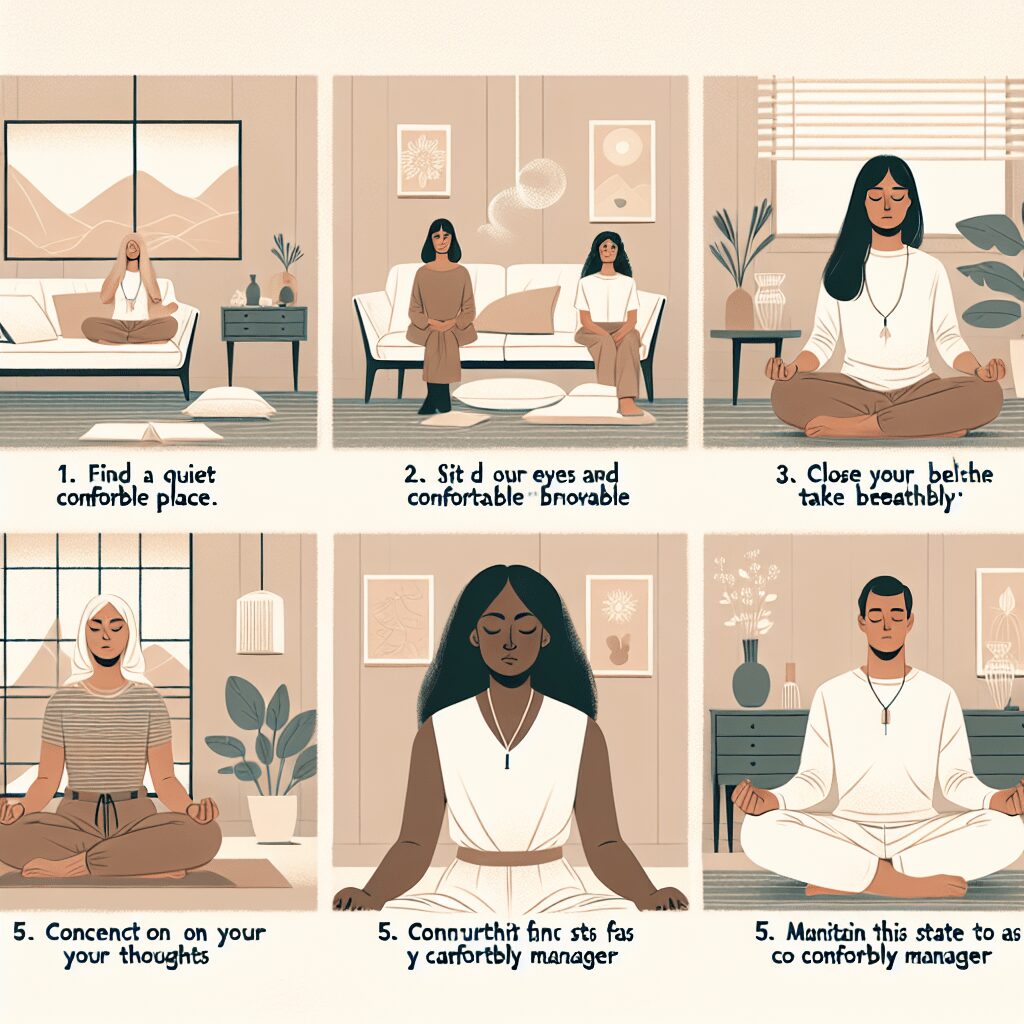
Prioritize your mental well-being daily. Enhance your life by nurturing your mental health with the Smart Meditation app. Break free from stress, alleviate anxiety, and enhance your sleep quality starting today.
Based On Current Empirical Evidence, Which Is True About Treatment Of Anxiety Disorders?
Understanding Anxiety Disorders: A Brief Overview
In the whirlwind of modern life, anxiety disorders stand as a formidable challenge, impacting millions globally. Characterized by persistent, excessive worry that doesn’t just pack its bags and leave, these disorders can significantly interfere with individuals’ daily routines and overall quality of life. But, as the saying goes, “knowledge is power.” With advancements in mental health research, treatment strategies have evolved, opening the door to newfound hope and recovery.
The Two Pillars of Anxiety Disorder Treatment
When it comes to tackling anxiety disorders head-on, two main avenues of treatment have proven their mettle: psychotherapy and medication. Each has its fair share of advocates and skeptics, but the empirical evidence? It leans towards a nuanced understanding that emphasizes the tailor-made over the one-size-fits-all approach.
1. Psychotherapy: A Dive Into the Mind
Talk therapies, particularly Cognitive Behavioral Therapy (CBT), have emerged as front-runners in the race against anxiety. CBT, a hands-on approach, works on the principle that negative patterns of thought about the self and the world contribute to anxiety. By reshaping these patterns, individuals can view challenging situations more clearly and respond to them more effectively.
Evidence suggests that CBT not only helps in alleviating symptoms but also arms individuals with coping strategies to prevent future episodes. What’s more, its effects tend to have a lasting impact, reducing the likelihood of relapse.
2. Medication: The Chemical Alchemy
On the flip side, medication plays a crucial role, especially for those grappling with severe anxiety that might hinder their ability to engage in psychotherapy. SSRIs (Selective Serotonin Reuptake Inhibitors) and SNRIs (Serotonin and Norepinephrine Reuptake Inhibitors) are the usual suspects prescribed. They work by altering the brain chemistry to reduce symptoms. Benzodiazepines, although effective in short-term relief, come with a caution tag due to their potential for dependency.
It’s not all roses, though. Medication can be a double-edged sword with side effects ranging from mild (nausea, dry mouth) to more severe (weight gain, sexual dysfunction). Hence, the decision to go down this path is not to be taken lightly and always in consultation with a healthcare provider.
The Verdict: Combining Forces for Optimal Results
So, what’s the bottom line? Do we pick sides in the psychotherapy vs. medication debate? Well, according to the bulk of empirical evidence, the most effective treatment for anxiety disorders is a combo platter. Integrating psychotherapy, especially CBT, with medication (when necessary) offers a more comprehensive approach. This dual pathway not only addresses immediate symptoms but also equips individuals with long-term strategies to manage their anxiety.
In the end, it’s about personalization. The effectiveness of treatment varies widely among individuals. Some might find solace in psychotherapy alone, while others might need medication to step into the therapy room. The key is ongoing communication with healthcare providers to fine-tune treatment plans that best suit one’s unique needs and circumstances.
As we continue to peel back the layers of anxiety disorders, the fusion of empirical evidence with compassionate care remains our best bet. After all, in the battle against anxiety, every small victory counts.





